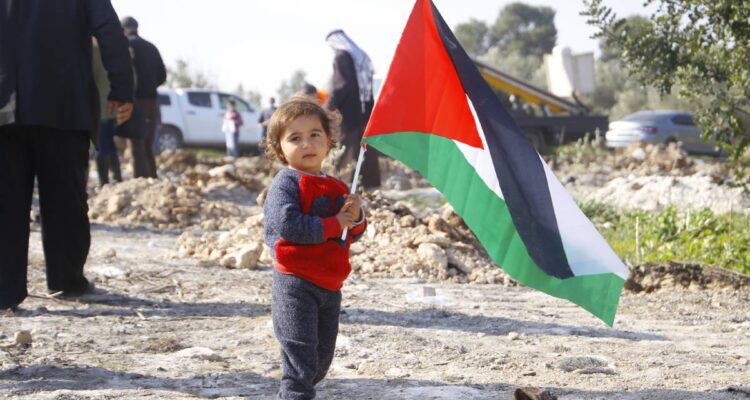On May 15, Palestinians around the world will mark the 75th anniversary of what we call the Nakba, Arabic for “catastrophe”, where over 750,000 Palestinians were ethnically cleansed from their homes, and 530 villages destroyed. My grandfather’s village was one of them.
Az-Zakariyya, a small village north-west of Hebron and home to a little more than 1000 Palestinians, was known for being named in honour of the Abrahamic prophet Zachariah. And it was the place my maternal grandfather called home.
In 1948, Az-Zakariyya’s population – my grandfather among them – were forcibly expelled from their homes by Zionist militia.
He still vividly remembers the fervent belief of the villagers that their dispossession would not last, that they would return to their homes within days. Now in his late 90s, neither he nor any of his fellow villagers were ever granted their right to return.
Shortly after being depopulated, Az-Zakariyya was occupied by Jewish settlers, before being demolished in the 1960s to clear the way for a new settlement. Upon the ruins of the village my grandfather called home now stands a farm settlement carrying the name Zekharia.
But as an Australian-born Palestinian, it wasn’t until my first visit to my ancestral homeland earlier this year that it became clear to me that the Nakba is not an historical event, but an ongoing reality for my family in Palestine and Australia.
Read the article by Ammar Abu Shamleh in The Canberra Times.

